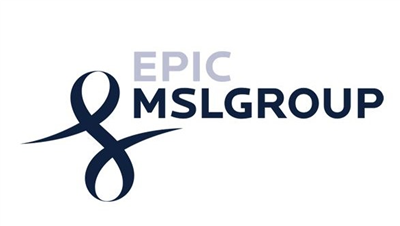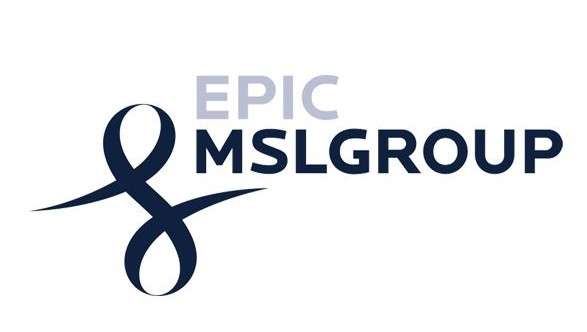Early detection is a breast's best weapon
Published: Thursday, November 2, 2017
Early detection is the best way to tackle breast cancer, significantly improving the chances of successful treatment and recovery. Sadly, misinformed beliefs, fear and stigma rob many women of the advantages associated with early detection.

The importance of early detection was a key focus at the recent 2017 Breast Interest Group of Southern Africa (BIGOSA) Annual Conference. Attendee of the conference, Cipla Medical Executive Dr Dhiveja Smith says that while breast cancer incidence increases with age, the conference’s theme was “young women and breast cancer”, highlighting the importance of instilling an early detection mind set in all women irrespective of age. “Early detection is particularly important in women 35 years or younger, as breast cancer is often more aggressive in this age category.”
Mammograms are a key screening tool for the early detection of breast cancer. Dr Imran Parker, an oncologist at Melomed, says women who are 40 years or older should have a mammogram every 2-3 years, while women who are at high risk should start at a younger age. “Many medical schemes pay for an annual mammogram and encourage members to use this essential screening benefit.”
However, Dr Smith points out that most South African women are uninsured and rely on state facilities where access to screening is more limited than in the private sector.
Something every woman should do is a monthly breast self-examination, says Dr Parker. “There is real value in a regular breast self-examination as it increases a woman’s awareness of her breasts and enables her to pick up any changes. However, the technique is extremely important.” The Cancer Association of South Africa (CANSA) website offers a step-by-step process for conducting a breast self-examination correctly.
Although many women panic and assume the worst if they find a lump during a breast self-examination, Dr Parker highlights that many lumps are benign and not a sign of cancer. “However, it’s always critical to seek medical opinion with any lump or bump. This is the next big challenge, as fear often prevents many women from seeing a doctor.”
Dr Parker urges women to never delay seeing a doctor if they find a lump or suspect something is wrong. “If cancer is diagnosed, starting treatment earlier definitely increases the probability of better outcomes. Unfortunately, misinformation and community beliefs are very real obstacles to early detection and seeking effective treatment.”
A research article in the PLOS ONE Journal focusing on women in Sub-Saharan Africa reveals that poor health seeking behaviours are often the result of socio-cultural factors, fear of being diagnosed with cancer and death from cancer, as well as traditional practices. (1) The article highlights how the stigma associated with breast cancer deters many women from seeking healthcare when needed. Some respondents indicated that they’d rather place their health secondary than have their families face the stigma. Furthermore, 20.7% of respondents needed permission from their spouses in seeking healthcare. (1)
Dr Parker says the many negative perceptions that exist around cancer treatment are also a hindrance. “Many people associate cancer treatment with how it is portrayed in the movies, expecting intense side-effects from extreme nausea and vomiting to loss of mobility. This is not a reality for many patients. Every patient is different, and receives different treatment to which they respond differently.”
There is also a general belief that cannabis cures every cancer – irrespective of the extent of disease, type of cancer and individual prognosis. Dr Parker emphasises that there is no reliable medical evidence to support this claim.
The PLOS ONE article also reports that 55% of participants in the study believed that breast cancer only affects Caucasians, while many respondents believed that breast cancer is caused by infection, evil spirits and is sexually transmitted. Also, participants were not convinced treatment could save women from losing their breasts or from death. (1)
Dr Smith concludes, “Inadequate knowledge and misinformed beliefs are major barriers to the early detection and health-seeking behaviours essential for saving lives. While awareness levels certainly increase during breast cancer awareness month in October, a great deal more awareness-building and concerted education drives are required to overcome these barriers and change behaviours.”
